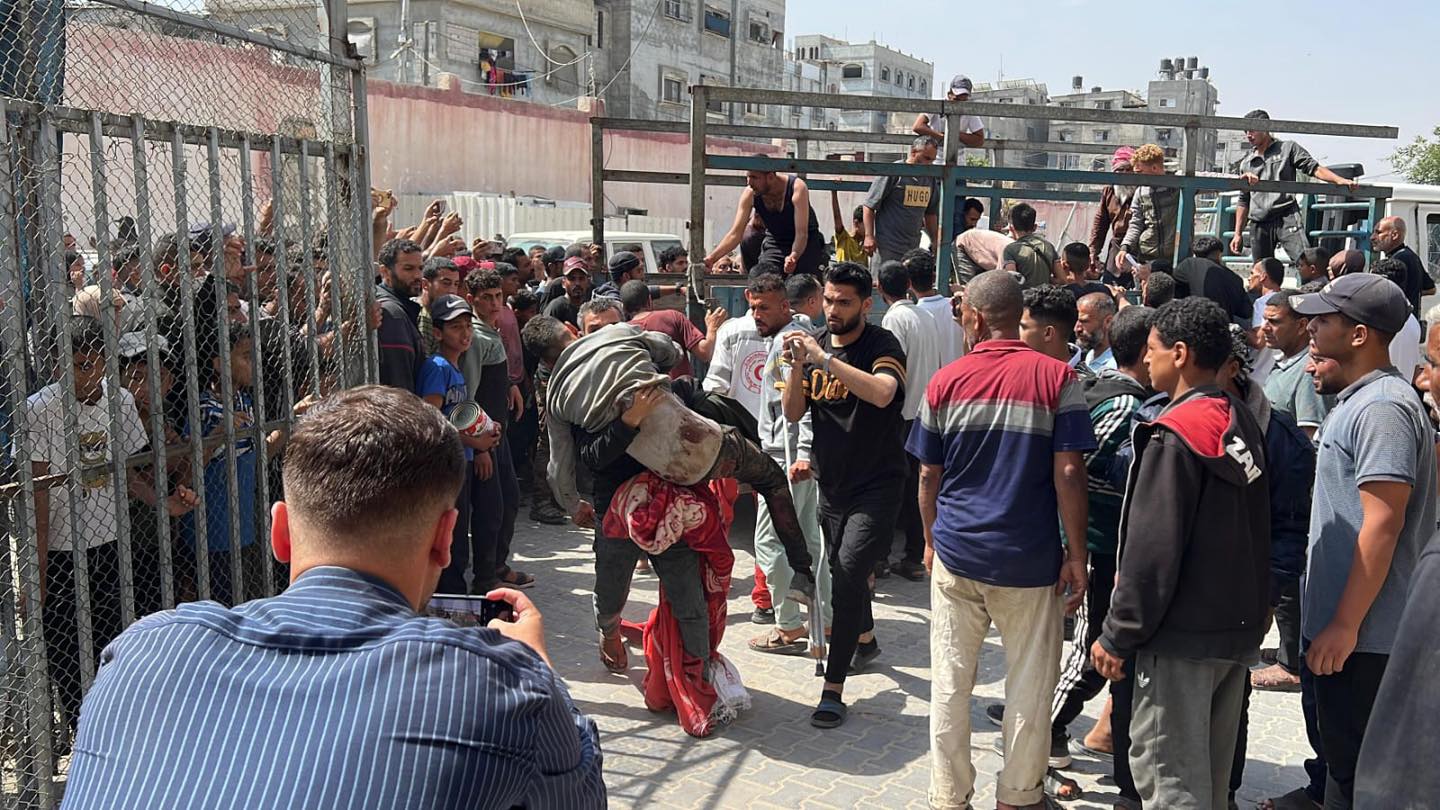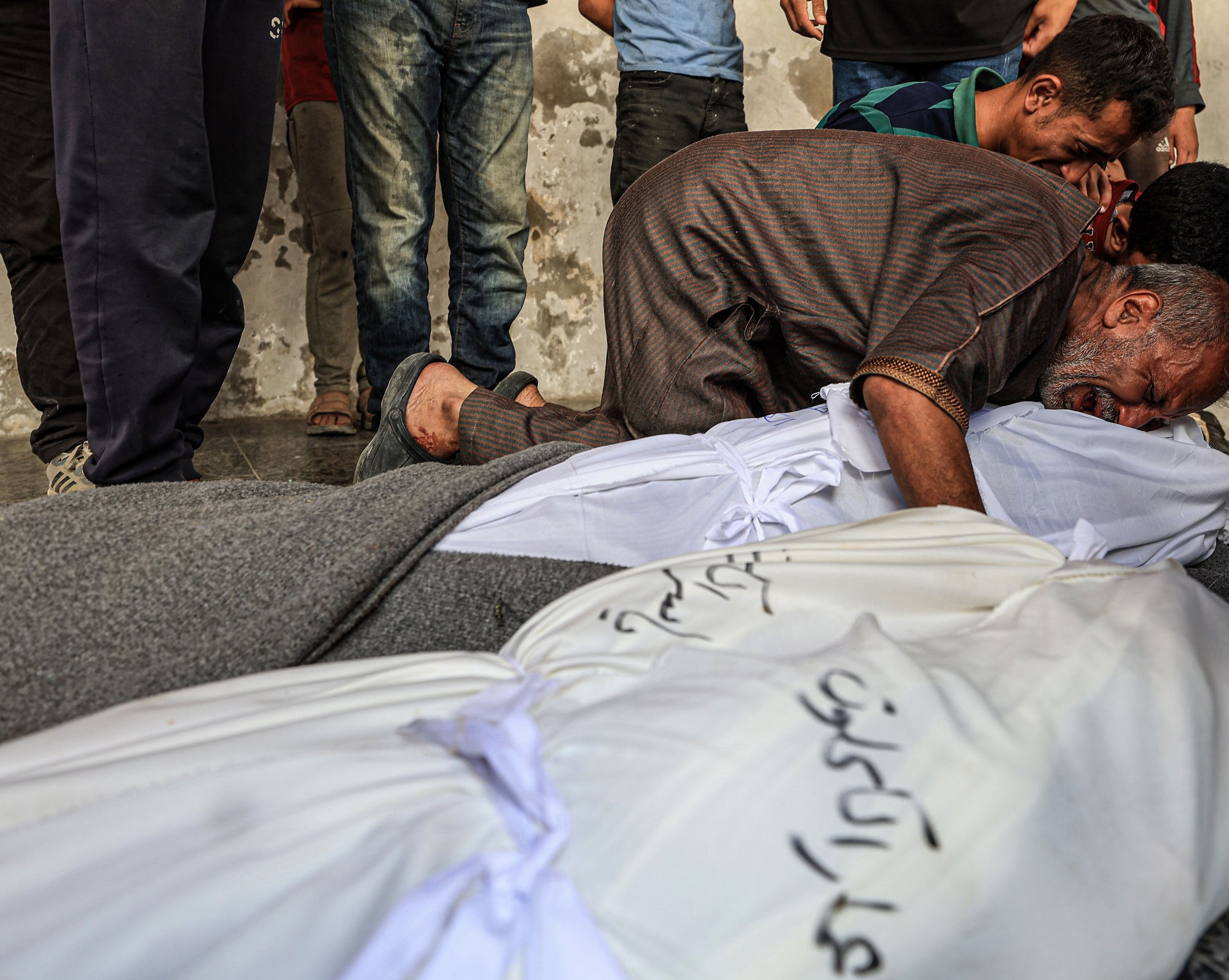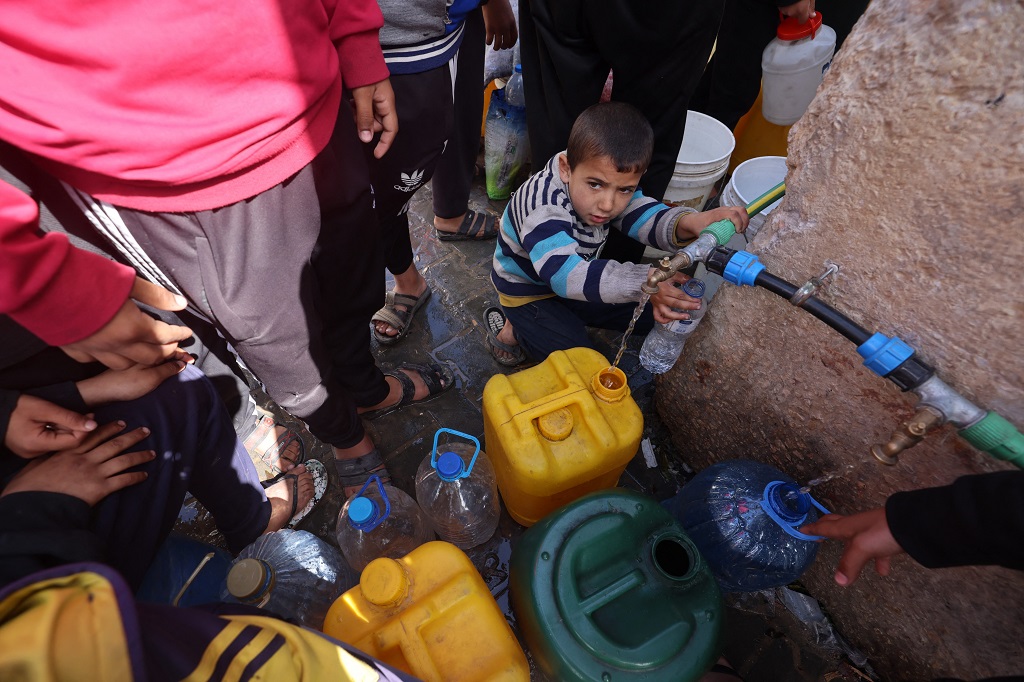WASHINGTON, September 17, 2011 (WAFA) –The American-Arab Anti-Discrimination Committee (ADC) marked on September 16 the 29th anniversary of the massacre of thousands of Palestinian refugees by Israeli-backed Phalangist militias in the Sabra and Shatila refugee camps during the 1982 Israeli invasion of Lebanon, according to an ADC press release.
“The attacks on Sabra and Shatila are considered one of the most atrocious on innocent lives in modern history,” it said.
In a bid to crush the Palestinian resistance movement that was based in Lebanon, the Israeli army raided Lebanon in August 1982, occupied West Beirut and surrounded the Sabra and Shatila refugee camps located on the outskirts of the city.
During a conference with the Lebanese Phalangist militia units, Israeli officials, Ariel Sharon and Rafael Eitan, met with Phalangist militia and invited them to enter the Sabra and Shatila refugee camps by providing them transportation and logistical support.
The killing started at 6:00 P.M. the night of September 16, 1982 and continued for 48 hours unobstructed.
“Israeli troops, who were in control of the area, allowed the militias into the camps, prevented the refugees from fleeing for their lives, and lit the night sky with a continuous series of flares as the killing raged for two days,” said the ADC press release.
Some sources put the total number of those murdered near 3,500. The death toll includes women and children. Approximately an hour after the militia left the camps, media was allowed in. Several reports by journalists claim brutal mutilation, including rape, genital castration and scalping.
The UN condemned the massacre, going so far as calling it an act of “genocide.” Several independent and state-sponsored commissions began an investigation on the massacre.
Following massive outrage and protest from the international community as well as from Israeli citizens, the Israeli government formed The Kahan Commission of Inquiry.
The commission found that Israel was responsible for participating in the violence and recommended the dismissal of the Army chief of staff. Then Defense Minister Ariel Sharon was also forced to resign after the commission concluded that he bore personal responsibility for the massacre, and should never hold public office again.
However, in 2001, Sharon became the Prime Minister of Israel, a position he held until he suffered a massive stroke which rendered him incapable of carrying out his duties.
“Twenty-nine years later no one has yet stood on trial for this massacre and there still remain Palestinian refugees,” said ADC.
According to the UN, the number of Palestinian refugees has increased from 711,000 to 4.7 million in 2010. The Palestinian refugees' right of return is confirmed by UN Resolution 194 and Article 13 of the Universal Declaration of Human Rights which declares that 'Everyone has the right to leave any country including his own, and to return to his country.'
M.S.












